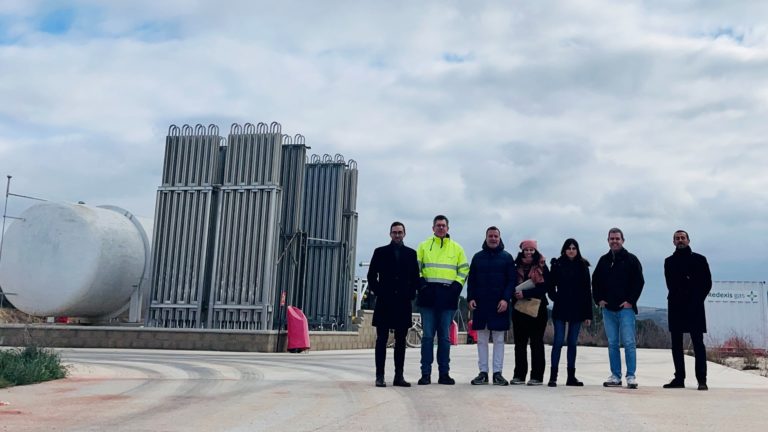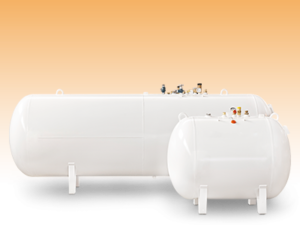Redexis, Signos IoT, and 1A Engineers, in conjunction with the Aragon TIC Cluster, Tecnara, and the AEICE Efficient Habitat Cluster, have launched the PRISMA project, an initiative that aims to reduce emissions in the transportation of liquefied natural gas (LNG) by optimizing distribution routes to plants.
According to Redexis, the system is based on a predictive consumption model that takes into account various weather, economic, and historical variables.
This is to develop a highly precise and adaptable consumption prediction model using artificial intelligence that will allow the supply routes to be programmed more efficiently, thus reducing its impact on the environment.
This initiative, in which companies 1A Engineers and Signos IoT also participate, arises due to the complexity associated with the LNG supply industry for energy consumption, especially in managing the product to reach industrial or private customers.
The loading of tanker trucks and the design of their supply routes has so far been carried out using static formulas that predict the needs of the process based on supply made on previous dates.
The current situation of gas supply, with a gas market in great instability both in demand and prices, needs to monitor the need to refill the deposits that can adapt to the events that occur and their influence on the market.
The way the distribution routes are programmed today makes them inefficient and, therefore, at times redundant or insufficient, leading to a disorganization of the fleet, considerably increasing the carbon footprint of the distribution process.
PRISMA has received support from the Ministry of Industry, Trade, and Tourism from the Next Generation funds of the Recovery, Transformation, and Resilience Plan.
In addition, the consortium has the Aragon TIC Cluster, Tecnara, and the AEICE Efficient Habitat Cluster. Its activity is focused in Zaragoza and Valladolid.



